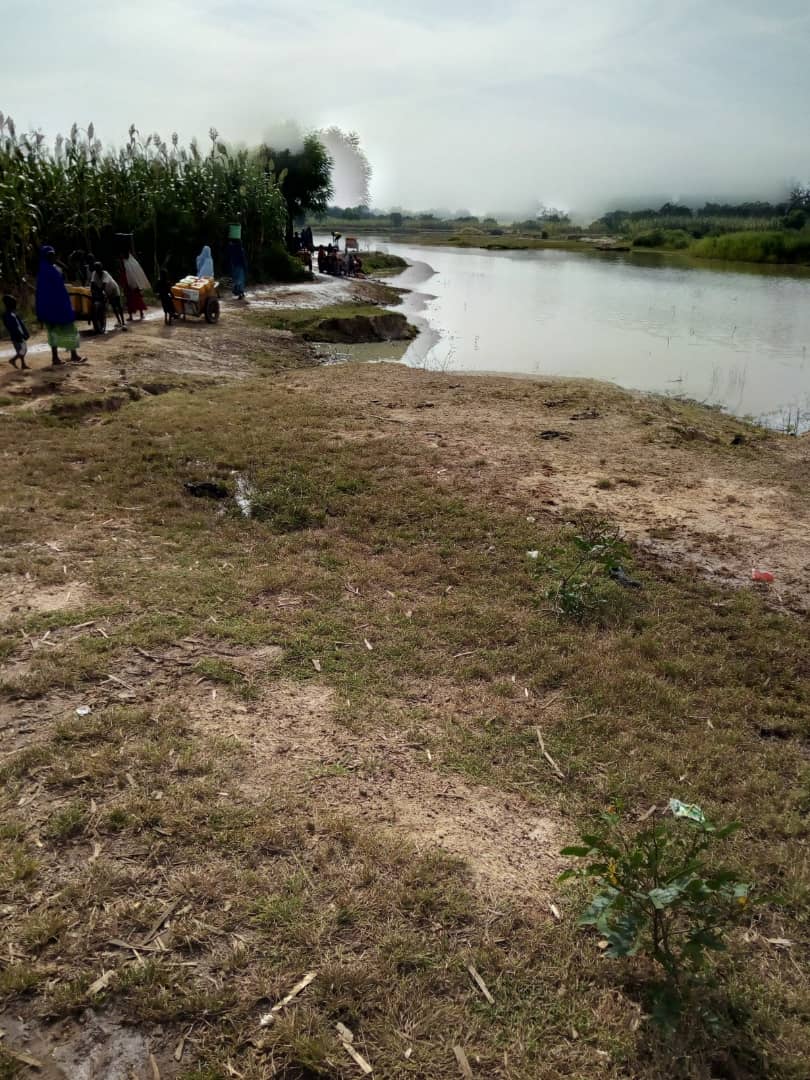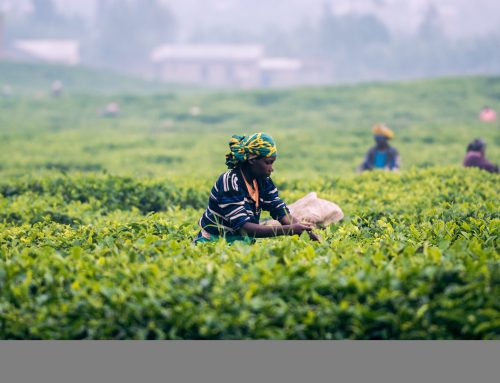We often don’t realize the importance of clean water and the struggles many go through on daily basis in accessing even the “unclean water”. When children have to forgo school to travel over 2 hours on foot to get water for domestic use, when people don’t mind drinking from ponds filled with dirt, and when families go days without having a bath due to lack of water, these are just a few examples of how lives are affected by poor access to clean water, and some of the challenges the world hopes to address through Sustainable Development Goal 6.
According to the United Nations Development Programme (2019), 40% of the global population are affected by water scarcity, and this figure is projected to rise with climate change. Each day, over 1000 children die due to preventable water related diseases, and over half of the children reside in Sub Saharan Africa. Women productivity in Sub Saharan Africa is limited as they spend over 40 billion hours each year collecting water.
Sub Saharan Africa still remains one of the poorest regions, with an alarmingly high number of persons with poor access to clean drinking water, poor sanitation and toilet facilities leading to contamination of surface of water, a weak health care system that accounts for the highest number of maternal and child mortality rates in the globe and fewer women on the decision making tables.
Nigeria, the largest country in the region with an estimated population of 180 million has over 70% of its population using unimproved drinking water sources and sanitation facilities. 23.5% of Nigeria’s population defecate in the open. (UNICEF) The World Bank estimated that Nigeria can only meet its Goal 6 by 2030 with a triple budgetary allocation or a 1.7% allocation of the country’s GDP to water, sanitation and hygiene (WASH).
Although remarkable strides have been made since 1990 in improving access to clean water, with over 2.6 billion people gaining access to improved drink water sources, but a lot more needs to be done. Access to safe drinking water remains a challenge, and a problem far from being solved particularly in the rural areas of Nigeria.
Curbing this public health emergency is a collective effort of government at all levels, organizations, communities, and individuals to ensure every person has access to clean and safe drinking water, and every child has the opportunity to live a healthy and productive life.
Natview Foundation for Technology Innovation (NFTI) hopes to be part of the global movement to Provide clean water for all by delivering innovative, cost effective and technologically inclined prototypes. NFTI’s Living Lab Project will support in bringing clean water to the door steps of communities and at the same time use the power of technology in modelling data for decision making.
Reference
- United Nations Development Programme (2019) Goal 6: Clean Water and Sanitation, Available at: http://www.undp.org/content/undp/en/home/sustainable-development-goals/goal-6-clean-water-and-sanitation.html
- UNICEF, Water, Sanitation and Hygiene, Available at: https://www.unicef.org/nigeria/water-sanitation-and-hygiene
- USADI (May, 2018) Water, Available at: https://www.usaid.gov/nigeria/water



